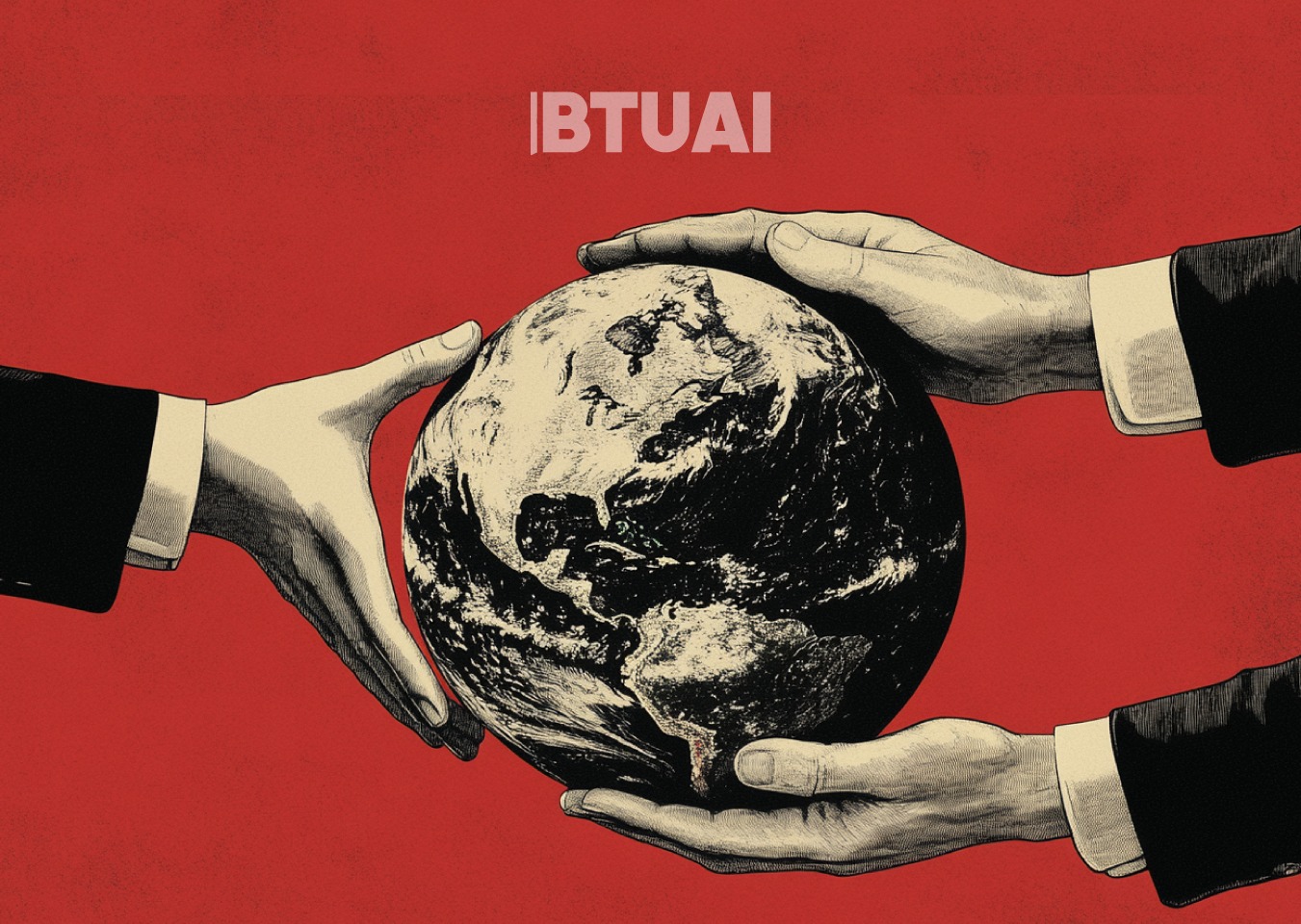The End of Globalization or the Beginning of a New World Order?
Two decades ago, globalization was seen as an unstoppable and inevitable force, much like changes in the weather. In

Two decades ago, globalization was seen as an unstoppable and inevitable force, much like changes in the weather. In 2000, Bill Clinton stated in Hanoi that globalization was “an economic force you cannot stop or reverse.” Similarly, Tony Blair in 2005 claimed that discussing globalization was as pointless as debating whether autumn would follow summer. This perspective was based on the belief that the world was becoming increasingly interconnected and free from barriers. However, the past decade has demonstrated that globalization is not an irreversible process.
Today, the global economy is experiencing a phase of “deglobalization”, where nations are prioritizing their national interests over international cooperation. A prime example is former U.S. President Donald Trump’s policies, which included tariffs, mass deportation promises, and withdrawals from international agreements. Meanwhile, in Europe, moderate political forces have weakened, and nationalist parties have gained strength. Canada, France, and the UK have seen significant political shifts, while in Germany, Chancellor Olaf Scholz’s government has collapsed, signaling the beginning of radical changes.
The primary driver of globalization’s crisis is economic inequality. Over the past four decades, China has made an extraordinary economic leap, lifting more than 800 million people out of poverty through open markets. However, the consequences for developed countries have been vastly different. The decline of manufacturing industries and job losses have worsened the economic situation for the middle class, while the wealthiest have grown even richer. Since 1990, nearly 700 new billionaires have emerged in the U.S., yet the standard of living for middle-income Americans has deteriorated. Similar patterns have played out across Western Europe, fueling economic dissatisfaction and increasing support for protectionist policies.
However, despite political opposition to globalization, economic data suggests that international trade and connectivity remain strong. According to the World Trade Organization, global trade volume increased by 3.3% in Q3 of 2024 compared to the same period the previous year. This indicates that global markets continue to function actively. A prime example is China’s green technology sector, where state-subsidized companies like BYD Co. are rapidly expanding the sale of electric vehicles worldwide. The drastic reduction in prices for solar panels and batteries is also a direct result of globalization.
Even as nations seek to reduce dependence on international partners in matters of national security, global markets continue to expand. The Inflation Reduction Act passed by the Biden administration, which allocated over $300 billion in investments for green energy, is largely geared toward meeting international demand for climate solutions. Thus, while political trends suggest a retreat from globalization, economic realities indicate otherwise.
For proponents of globalization, this situation presents a major challenge. The president of the World Economic Forum has noted that “national interests are becoming more central, while global cooperation is taking a backseat.” Nevertheless, international trade and investment remain the key drivers of economic growth. He also emphasizes that global collaboration will remain crucial in critical areas such as cybersecurity, pandemic management, and AI regulation. For example, uncontrolled AI development in fields like nuclear weapons management could lead to catastrophic consequences.
Ultimately, the crisis of globalization does not mean the world is returning to isolationism. A more realistic scenario is that globalization is entering a new phase—one in which national competition intensifies but international markets and technology integration continue to evolve. Over the next decade, the world is likely to witness the formation of a new economic order, where balancing national interests and global cooperation will remain the most significant challenge.
Source: Bloomberg




